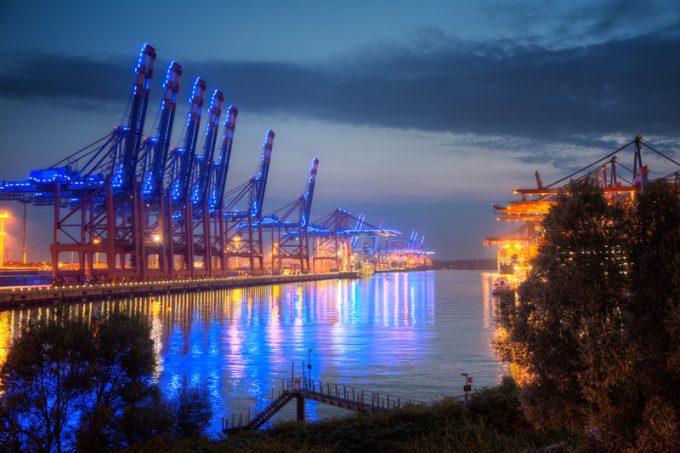Gemini Cooperation carriers steam ahead of rivals in reliability stakes
Ocean carriers “need a big nudge” to get their global on-time performance (OTP) back to ...

As the RMT union leads UK rail workers in their second day of walkouts, new industrial action is also under way at German ports.
Negotiations in Bremen between German trade union ver.di and the Central Association of German Seaport Companies (ZDS) broke down yesterday.
Beginning at 6am, the strikes are affecting the ports of Bremerhaven, Hamburg and Wilhelmshaven – road, rail and sea cargo, Maersk said – and run until 6am tomorrow.
According to Maya Schwiegershausen-Güth, ver.di head of maritime, ZDS appeared to ...
Maersk Air Cargo sees volumes fall as it aims for 'margin in favour of revenue'
Keep our news independent, by supporting The Loadstar
Container spot rates diverge: to Europe still falling, but firmer to the US
Hapag-Lloyd won't take bookings if port congestion leaves cargo stranded
Ecommerce likely the front-runner in resurge of transpacific trade after deal
Volume surge and an early peak season? 'Don't celebrate too soon,' warning
China-US trade tariff pause could drive a rebound for transpacific rates
Airfreight players eye new routes as demand on the transpacific nosedives
Service chaos from trade ban with India a problem for Pakistan shippers
Airfreight rates ex-China 'loss-making', but hopes of a trade deal stay high
Indian coastal freight attracts major carriers, but regional tension disrupts
Serious threat to jobs in US logistics as tariffs cause economic 'stagflation'

Comment on this article